
China: Internal CCP Conflicts Made Xinjiang Riots Worse
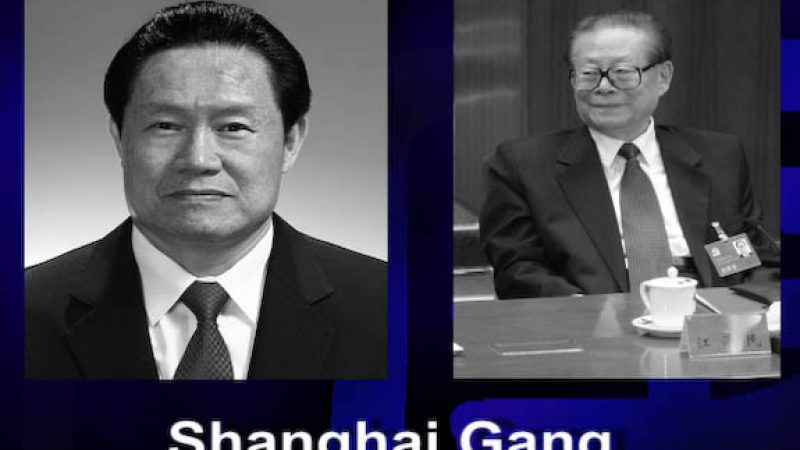
Boxun.com is an online news and commentary forum that sometimes carries leaks from Chinese political circles. Late last month the site carried a report from an unnamed high-level cadre who retired from the Communist Party’s 17th National Congress.
The cadre said that early on July 5th, head of the Central Political and Legislative Committee Zhou Yongkang received news of growing unrest in China’s Xinjiang region. This was many hours before the peaceful protests turned violent that afternoon.
But Zhou is considered to be part of Jiang Zemin’s Shanghai Gang—one faction of an internal conflict inside the Communist Party that pits Jiang against his successor, Party leader Hu Jintao. So Zhou didn’t pass the news of the Xinjiang unrest to Hu. And that’s why Hu left the country as planned that day to attend the G8 summit in Italy. The cadre says the protests were allowed to get worse in order to embarrass Hu.
„Maybe it was only a small-scale protest, maybe the march was a peaceful expression of frustration,” the cadre writes here. “But amidst the power struggle for control of the Communist Party, this was nurtured into a big event, and so many people were killed.“
Political commentators have weighed into the argument. Respected democracy campaigner Wei Jingsheng says military police stationed outside Urumqi took several hours to respond to the unrest.
[Wei Jingsheng, Democracy Campaigner]:
„Why was it only four or five hours after the incident started that the military police intervened? Why weren’t the military police outside the city allowed to enter the city in advance? This shows who is really behind the scenes.”
Finally it was Xinjiang Party Secretary Wang Lequan, a man personally promoted by Jiang Zemin, who ordered the armed police force to suppress the protestors. Hundreds of people were killed in the riots over the course of several days.
Hu Jintao was forced to interrupt his overseas trip and hurry back to China on July 8th to personally deal with the situation.
But then on July 13th, another incident: State media unexpectedly published news that police had shot and killed twelve Uighur residents that month. It was a rare admission of police brutality that could only have happened with permission from the top. The cadre says the man responsible for the report was another supporter of Jiang Zemin’s Shanghai Gang: Li Changchun—the Party’s propaganda chief. And this report caused Hu Jintao even more embarrassment.
Recently, Hu has been putting pressure on the Shanghai Gang. It comes as the Shanghai Gang is trying to ensure that Jiang’s ally, Vice President Xi Jinping, takes over after Hu leaves office, according to a report by Boxun News.
And the Shanghai Gang has faced its own embarrassment with other numerous large-scale outbreaks of unrest across China earlier this year—including the protests in Shishou that brought tens of thousands of angry citizens into the streets. Outbreaks like these call into question the ability of Zhou Yongkang to maintain law and order.
Several of Zhou’s allies—key members of the Shanghai Gang—are now being investigated for corruption under the direction of Hu Jintao.
It is widely speculated that the next target is Zhou Yongkang himself.
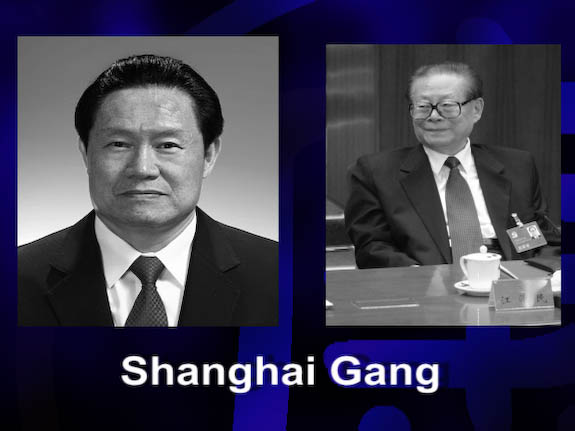 (NTDTV)
(NTDTV)



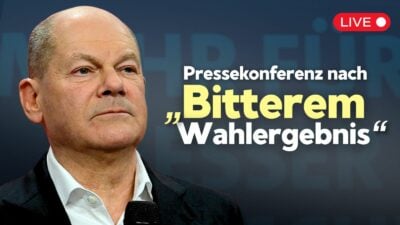
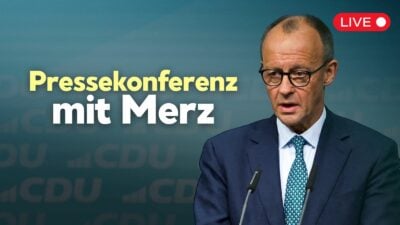



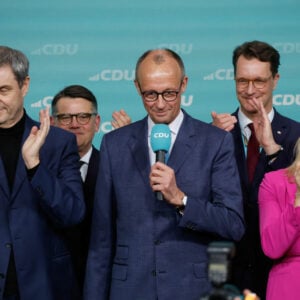
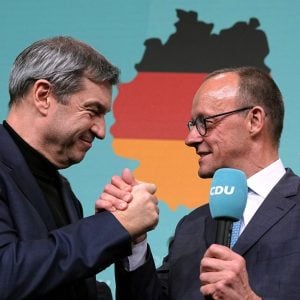

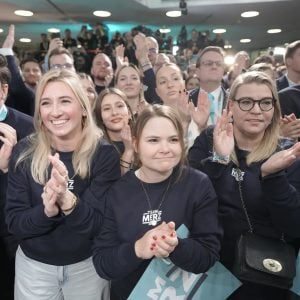

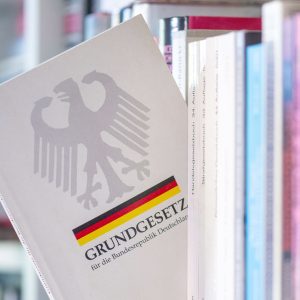





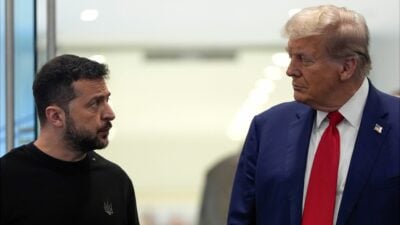
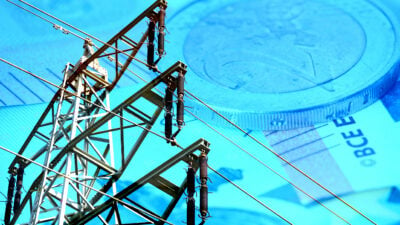
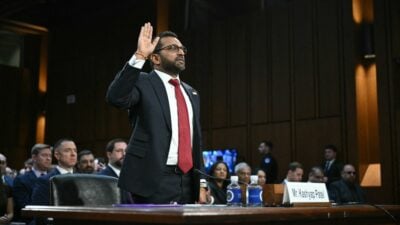
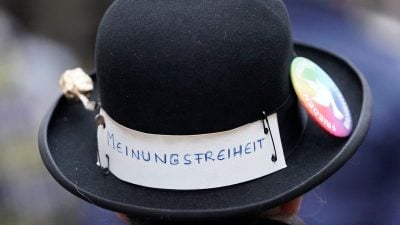
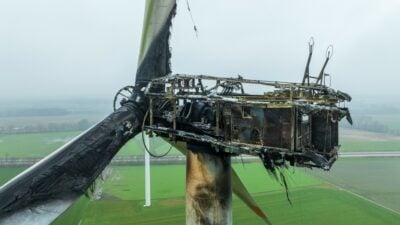
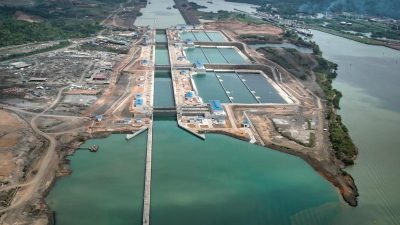
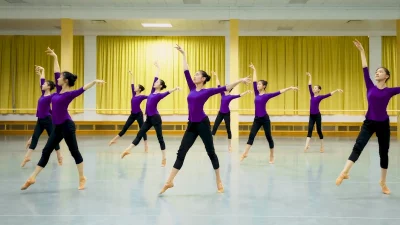
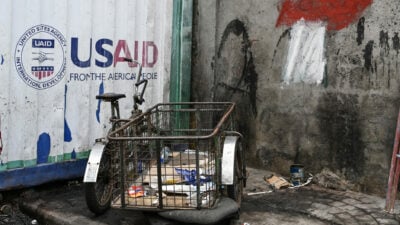
vielen Dank, dass Sie unseren Kommentar-Bereich nutzen.
Bitte verzichten Sie auf Unterstellungen, Schimpfworte, aggressive Formulierungen und Werbe-Links. Solche Kommentare werden wir nicht veröffentlichen. Dies umfasst ebenso abschweifende Kommentare, die keinen konkreten Bezug zum jeweiligen Artikel haben. Viele Kommentare waren bisher schon anregend und auf die Themen bezogen. Wir bitten Sie um eine Qualität, die den Artikeln entspricht, so haben wir alle etwas davon.
Da wir die Verantwortung für jeden veröffentlichten Kommentar tragen, geben wir Kommentare erst nach einer Prüfung frei. Je nach Aufkommen kann es deswegen zu zeitlichen Verzögerungen kommen.
Ihre Epoch Times - Redaktion